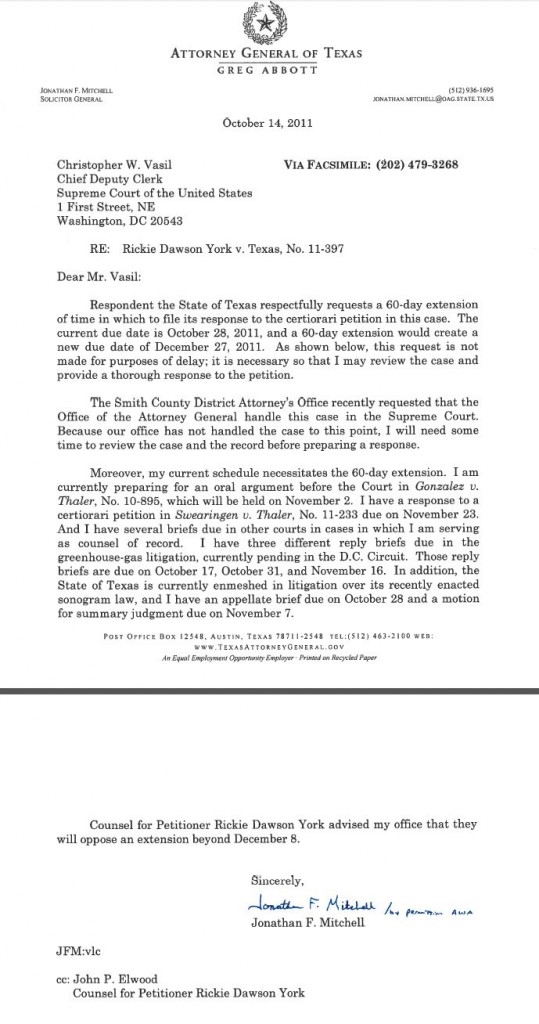I have published at National Review a new piece in light of Justice Thomas’s two dissents, joined by Justice Scalia, from denial of certiorari in 2nd Amendment cases from Highland Park and San Francisco. These are the first statements of any sort from the Supreme Court since McDonald concerning the right to keep and bear arms. Very quietly, they crack open the majestic red curtains to give us an insight of what is happening at One First Street. More importantly, they shine a not-too-flattering light on the Chief Justice, as well as Justices Kennedy and Alito. All three joined Heller and McDonald fully. Indeed, in McDonald, Justice Alito rejected the City of Chicago’s arguments that the Court should “treat the right recognized in Heller as a second-class right.”
Yet, in case after case, the lower courts whittle away Heller and McDonald. In yesterday’s dissent in Highland Park, Justice Thomas called out the Court for indeed “relegating the Second Amendment to a second-class right.” Though Thomas did not cite Alito, the jab was painfully clear. By refusing to intervene when lower courts disregard the right to keep and bear arms, the Supreme Court has done exactly what Chicago wanted, and abandoned this cornerstone of the Bill of Rights.
Here are the opening paragraphs:
In 2010, five Supreme Court justices invalidated Chicago’s handgun ban, rejecting the argument that the Second Amendment was a “second-class right.” Turns out only two of them — Justices Thomas and Scalia — really meant it. For the last five years, the right to keep and bear arms has been trapped somewhere between legal limbo and constitutional purgatory. The lower courts continue to whittle away the Supreme Court’s rulings in District of Columbia v. Heller and McDonald v. Chicago, while seven justices stand by quietly, refusing to intervene. Twice this year, Justices Thomas and Scalia have called out their colleagues for abdicating the judiciary’s safeguard of the Second Amendment. First, in June, the justices sat by idly as San Francisco rendered it impossible for law-abiding citizens to keep a handgun for self-defense. Second, yesterday, the Supreme Court looked the other way as Highland Park, Ill., criminalized an entire class of rifles owned by millions of Americans. In each case, the hard-fought victories to vindicate the right to keep and bear arms have slowly and painfully been chipped away. A careful study of Justice Thomas’s passionate yet reasoned dissents charts a proper course to restore the Second Amendment to its esteemed place in our Bill of Rights.
I’m reminded of the opening of my 2011 article, The Constitutionality of Social Cost:
During the Passover Seder, it is customary in the Jewish faith for the youngest child at the table to ask a series of four ques‐ tions that begins with, “Why is this night different from all other nights?” To understand the future of the Second Amend‐ ment, one must ask, “Why is this right different from all other rights?” In District of Columbia v. Heller1 and McDonald v. City of Chicago,2 the majority and dissenting opinions differed wildly over the historical pedigree of the individual right to keep and bear arms, but they agreed that the governmental interest in reducing the risk of danger from firearms should play some role in the constitutional calculus, and that the Second Amendment should be treated differently from other constitutional rights.
On a related matter, it was also Justices Scalia and Thomas who dissented from the denials of stays in the same-sex marriage litigation–especially after a Circuit Split had already arisen by the 6th Circuit’s decision in what became Obergefell. See Armstrong v. Brenner, Maricopa Cty., Arizona, et al., v. Angel Lopez-Valenzuela, Wilson v. Condon, Moser v. Marie, Strange v. Searcy, and Arizona State Legislature v. Arizona
Independent Redistricting Commission. Howard Wasserman and I discuss these dissents in The Process of Marriage Equality.
